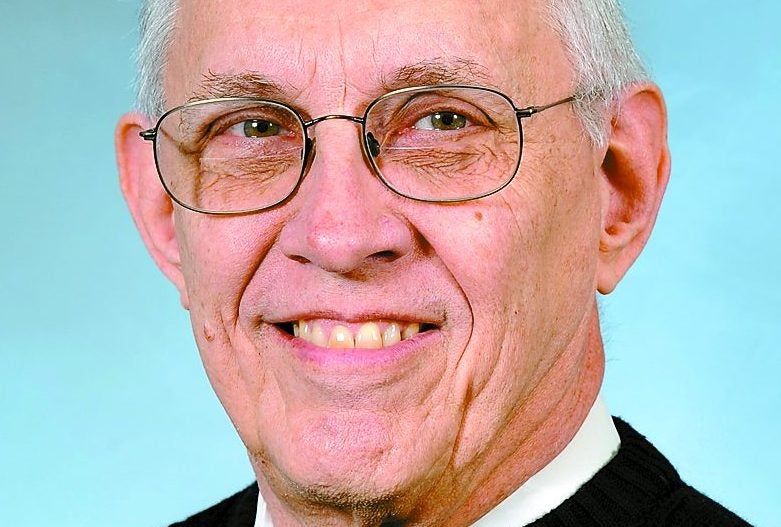Witt: Age limits something to be considered
Published 9:48 am Tuesday, October 8, 2019

- Chuck Witt is a retired architect and a lifelong resident of Winchester.
Both Democrats and Republicans have a problem in the upcoming 2020 election.
The problem is that all four of the current, most likely candidates for the office of president are quite old.
Joe Biden is 76. Bernie Sanders is 78, and he has just recently undergone heart surgery to implant stents. Elizabeth Warren is 70, and Donald Trump is 73. And each of them will be one year older at the time of the election.
Of course, many people equate age with a certain degree of knowledge and experience that only comes with advancing years. But accompanying these virtues is the reality that age causes one to slow down, both physically and mentally.
Already, Trump was the oldest person ever to be elected to the office. Many can remember President Reagan, during his second term, having reached the age of 75, was already beginning to show signs of Alzheimer’s.
It is also quite obvious when looking at photos of past presidents, at the beginning of their terms and the end, the duties of the office had taken a terrible toll on all of them, whether they served during war or peace.
There is a strange anomaly in our Constitution in that Article II, Section 1, states: “…neither shall any Person be eligible to that Office who shall not have attained the Age of thirty-five Years, and been fourteen Years a Resident within the United States.”
There are two anomalies.
The first is this article refers to “person” and nowhere in this clause is the office restricted to males, because nowhere therein is the word “he” used, although it does frequently occur later in the article, suggesting strongly the writers assumed any president would be a male.
The second anomaly — and the one to which this column is more directly addressed — is no restriction is placed on the ‘maximum’ age that would restrict a person’s ascension to the office.
The writers of the Constitution also placed a lower age limit on those seeking the office of senator and representative but, oddly, said nothing about qualifying ages for members of the Supreme Court.
So a reasonable question arises as to why the framers were so immersed in lower age requirements for high office, but paid no attention at all to upper age limits?
Perhaps it was because the average age at death of men at the time was pretty low, possibly low enough that senility was not a significant issue of the time, although Benjamin Franklin lived well beyond the age at which most men died. He was 84 at the time of his death.
Regardless, an upper age limit for those seeking the office of president is undoubtedly a question meriting discussion, but since the Constitution makes no mention of the upper limit, any attempt to impose such a restriction would likely have to be accomplished through a Constitutional amendment. Highly unlikely.
Still, the current crop of presidential contenders leaves one wondering what might happen if either Biden or Sanders attained the office and then chose to seek a second term when they would be 81 and 83, respectively.
Of course, Congress members and Supreme Court justices have served beyond those ages, but one might argue just how effectively so.
Chuck Witt is a retired architect and a lifelong resident of Winchester. He can be reached at chuck740@bellsouth.net.




